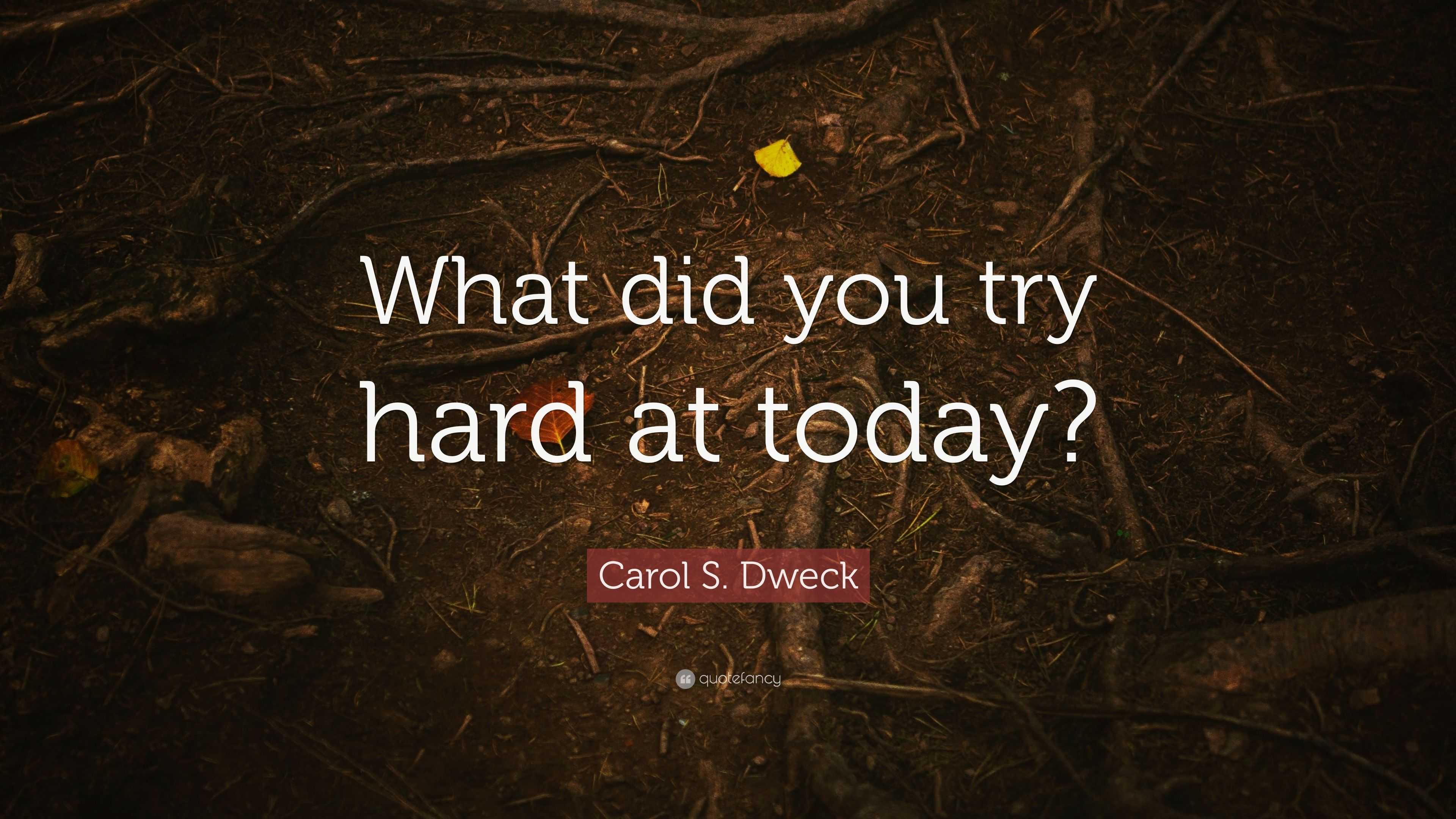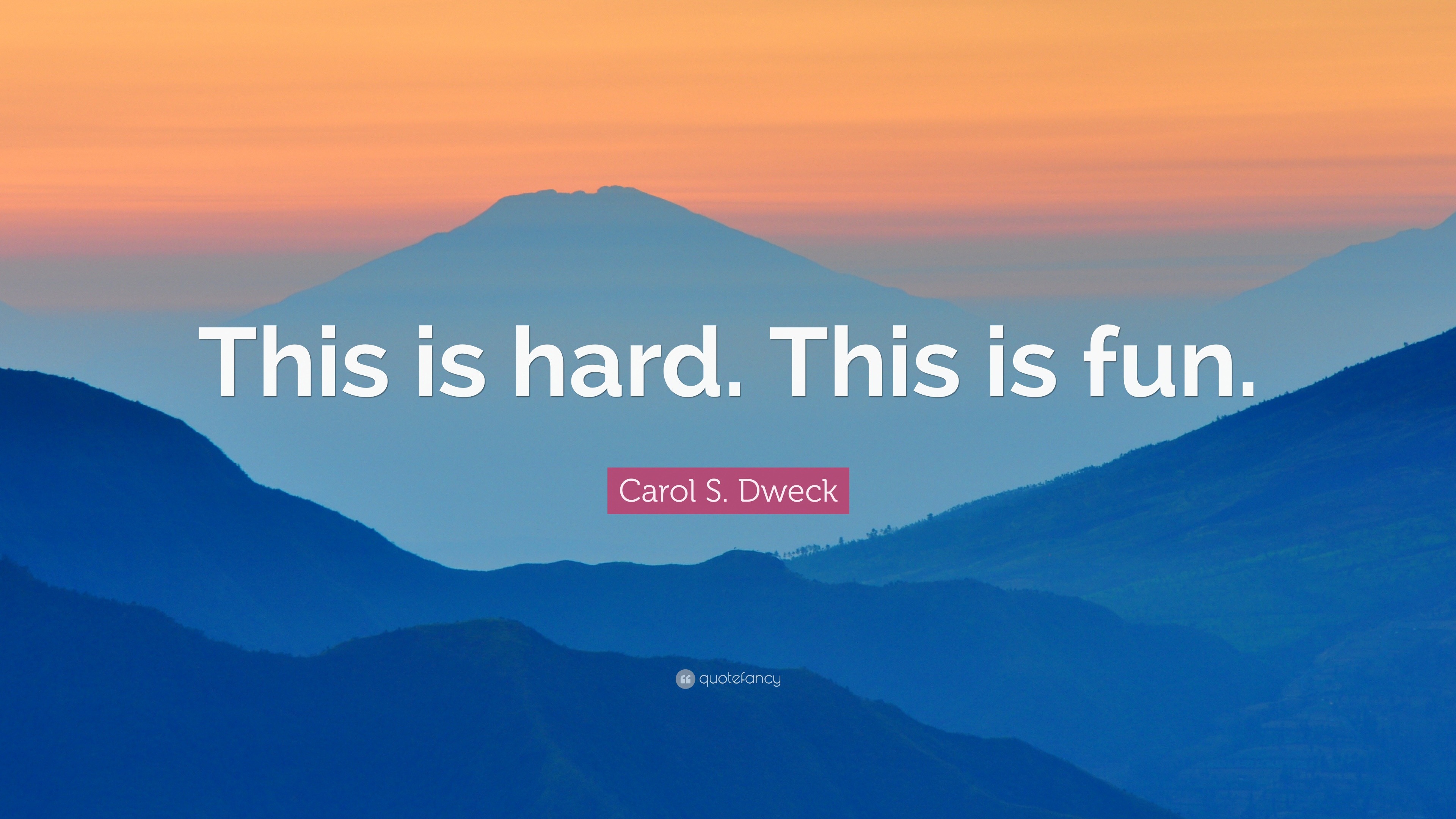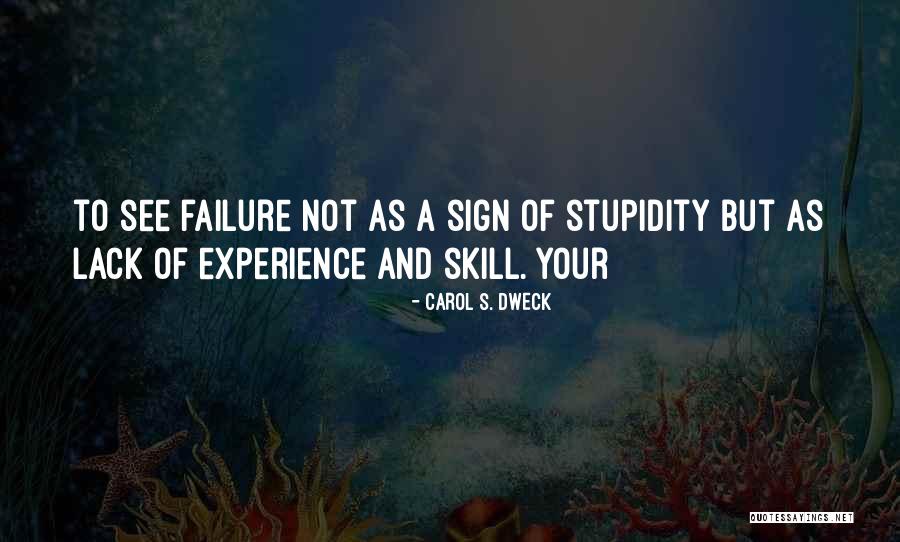

Freeman Spogli Institute for International Studies.Stanford Doerr School of Sustainability.The alternative is to praise the effort and hard work that goes into learning and success. Talent praise also makes your child want to demonstrate their talent by doing things that they can do well and avoiding difficult or challenging tasks. When they struggle to learn something, they view this as not having the talent and won’t ever be good at it. When you give your child feedback about how smart or talented they are you send the message that your child has talent in some areas, but not in others. Remaining supportive and consistent over time is the key. This can take a long time to accomplish and we can be assured that we will have setbacks along the way. Accepting our child’s fixed mindset moments and helping them to develop strategies for overcoming them is part of our role. When they are calmer, explore what strategies they have tried, how effective they are and what new strategies they could try.Īs odd as it may seem, we need to think more about our fixed mindset in order to develop a more persistent growth mindset. Working to recognise when your child is having a fixed mindset response and help them name how they feel. We also have days when the smallest setback knocks us over and we give up. Let’s face it we all have times when we think we can improve and when we bounce forward after a setback. We are all a mixture of fixed and growth mindset. As Dweck states “You don’t get a growth mindset by proclamation, it’s a journey.” Once we learn about growth mindset we assume we can simply tell our child to have a growth mindset and that’s it. Here are three practices you can start trying to assist your child with more of a growth mindset response. Much of what we do as parents influences our child’s mindset. This can impact a child’s development at school, sport and their relationships. Whereas in a fixed mindset children work to look smart, avoid challenges and shy away from taking risks where there is the possibility of failure. Struggling and working on a challenge or setback is good for the brain’s neurological growth. In a growth mindset, children understand that challenges and failure framed as learning opportunities can help them to become smarter.

In contrast, individuals with a “growth mindset” believe that they can develop their intelligence over time (Blackwell, Trzesniewski, & Dweck, 2007 Dweck, 1999, 2007).Ī child’s mindset influences how they perceive and respond to their world.


Children with a “fixed mindset” believe that their intelligence is simply an inborn trait-they have a certain amount, and that’s that. Dweck has spent the past several decades conducting research identifying two distinct ways in which children view intelligence and learning. Carol Dweck’s work on mindsets provides a useful guide for helping parents to raise more adaptive and resilient children.


 0 kommentar(er)
0 kommentar(er)
